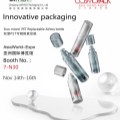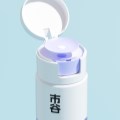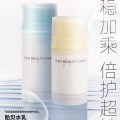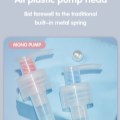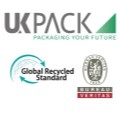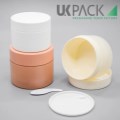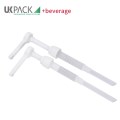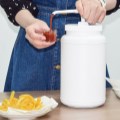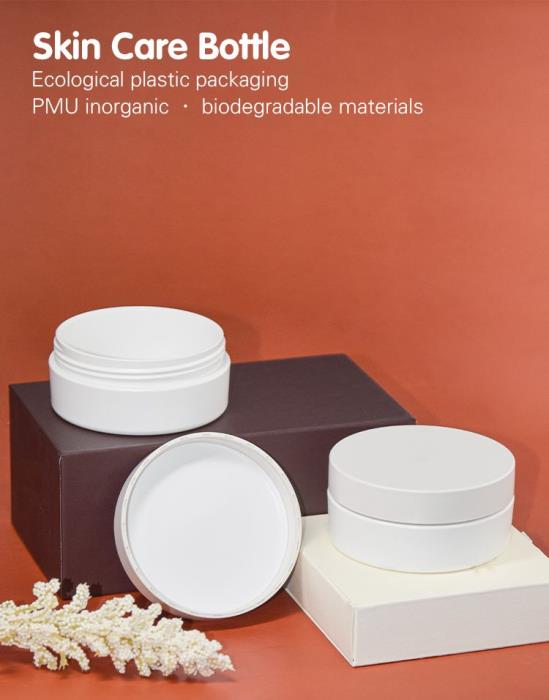

UKPack offers ecological plastic packaging in the form of a skincare cream jar, using PMU inorganic biodegradable material, The 60g Biodegradable Face Cream Jar.
PMU inorganic biodegradable materials are green and environmentally friendly ecological plastics that can be recycled.
The pack comes complete with a leakproof gasket to ensure the internal materials are hygienic and protected from outside contamination. The threaded neck of the jar makes for strong sealing, preventing liquid leakage.
The wide mouth jar means the jar can be easy to fill with lotion or thicker cream as well as easy to clean for reuse possibilities.
PMU inorganic biodegradable materials are green and environmentally friendly ecological plastics that can be recycled.
For more information contact UKPACK or visit the catalog
PMU
PMU inorganic biodegradable materials, abbreviated as PMU materials, are used to replace disposable non degradable disposable plastic products (such as the original materials: polypropylene and polyethylene).
Mainly using plastics (recycled waste plastics such as polypropylene (PP), polyethylene (PE), and polyvinyl chloride (PVC)) as raw materials, new wooden materials are produced by mixing waste plant fibers such as wood powder, rice husk, and straw, and then undergoing plastic processing processes such as extrusion, molding, and injection molding to produce boards or profiles.
Mainly used in industries such as building materials, furniture, logistics and packaging. The board formed by hot extrusion after mixing plastic and wood powder in a certain proportion is called extruded wood plastic composite board.
PMU is an inorganic biodegradable polymer material. Biodegradable plastics refer to a type of plastic that is degraded by natural microorganisms such as bacteria, molds (fungi), and algae. The ideal biodegradable plastic is a polymer material with excellent performance, which can be completely decomposed by environmental microorganisms after waste, and ultimately become an integral part of the carbon cycle in nature through inorganic transformation.
Paper "is a typical biodegradable material, while" synthetic plastic "is a typical polymer material. Therefore, biodegradable plastics are polymer materials that combine the properties of both "paper" and "synthetic plastics".



























